New Scientist covers the latest developments in science and technology that will impact your world. New Scientist employs and commissions the best writers in their fields from all over the world. Our editorial team provide cutting-edge news, award-winning features and reports, written in concise and clear language that puts discoveries and advances in the context of everyday life today and in the future.
Elsewhere on New Scientist
The right amount of worry • We must remain active, not fearful, in the face of climate change
New Scientist
Wildfires wreak havoc in Hawaii
What on Earth is going on? • Extreme weather and temperatures made July 2023 a shocking month, highlighting the precarious state of the climate, says James Dinneen
Is it worse than we thought it would be? • With many records tumbling, it is only natural to worry that climate change is accelerating, but the reality is far more nuanced, explains Michael Le Page
And now, the good news • Away from the weather extremes, major greenhouse gas emitters are rapidly transitioning to renewable energy – and fossil fuels may peak sooner than you think, says James Dinneen
Analysis Climate policy • How hard should we ring the climate alarm bells? Extreme weather events highlight the risks of climate change, but doom-mongering could harm action in the long run, says Madeleine Cuff
Superconductor hopes dashed • Following a flurry of replication attempts, the claim that LK-99 perfectly conducts electricity at room temperature and pressure looks unlikely to hold up, finds Karmela Padavic-Callaghan
The audiobook you listen to before you sleep can shape your dreams
Mars used to have wet seasons similar to those on Earth
Female stick insect clones itself despite sex with males
Analysis Dietary guidance • Ultra-processed foods get a bad rap – is it backed by science? The relationship between processed foods and health isn’t clear, and eating such foods may sometimes be beneficial, finds Grace Wade
Russia chases former Soviet glory • First lunar mission in nearly 50 years is viewed as attempt to show the country can still compete
Blood test could aid the diagnosis of 52 medical conditions
Young spiders can turn cannibal and eat their siblings
Ocean bacteria may be closest relatives of mitochondria
Brown dwarf has a tiny 2-hour orbit
Vaccine for ‘mono’ shows promise
Crocodiles can tell when human babies are distressed
Really brief
Unnatural disasters • Knowing how climate change contributes to extreme weather means we can hold countries and companies to account, says Friederike Otto
Field notes from space-time • It’s all relative The apparent equivalence of gravitational mass to inertial mass is a beautiful feature of the cosmos, with a deep implication, says Chanda Prescod-Weinstein
Grassy haven
Take a single cell • Understanding how humans and other multicellular organisms develop from embryos has big implications for the future of medicine, finds Clare Wilson
Making the data sweat • As sport becomes more competitive and more corporate, using data to find that extra edge is vital, says Chris Stokel-Walker
New Scientist recommends
The sci-fi column • Decisions, decisions In Lauren Beukes’s Bridge, the eponymous lead has lost her mother, Jo, to a brain tumour. Or has she? Cryptic clues left behind for Bridge feed a thrilling tale, but also expose the big flaw in the multiverse concept, says Sally Adee
Your letters
Too hot to handle? • Climate change means extreme heat will become the norm for millions of people across the world. Graham Lawton joins an expedition in Saudi Arabia to find out how humans will respond
Express yourself •...
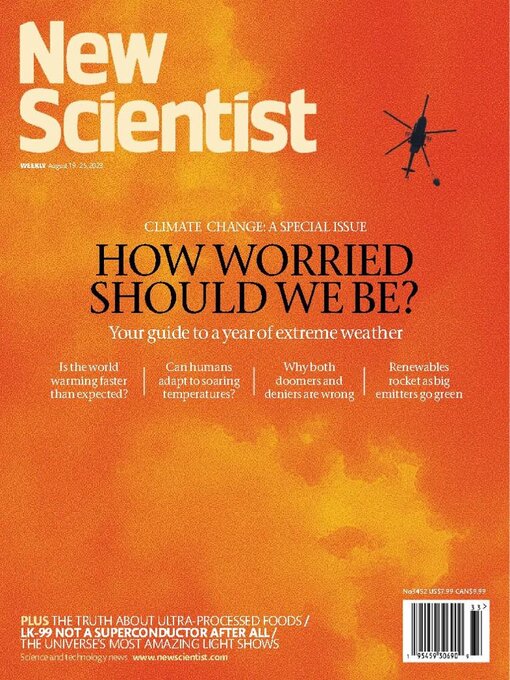
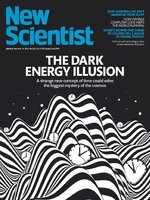 Mar 08 2025
Mar 08 2025
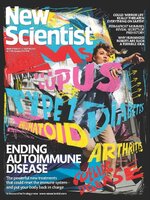 Mar 01 2025
Mar 01 2025
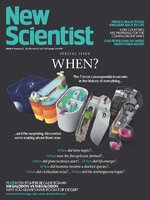 Feb 22 2025
Feb 22 2025
 Feb 15 2025
Feb 15 2025
 Feb 08 2025
Feb 08 2025
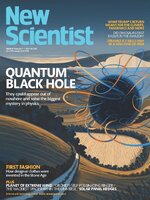 Feb 01 2025
Feb 01 2025
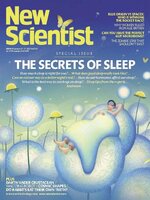 Jan 25 2025
Jan 25 2025
 Jan 18 2025
Jan 18 2025
 Jan 11 2025
Jan 11 2025
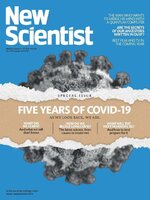 Jan 04 2025
Jan 04 2025
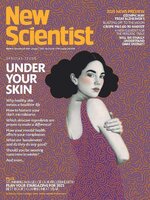 Dec 28 2024
Dec 28 2024
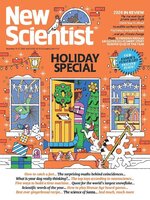 Dec 14 2024
Dec 14 2024
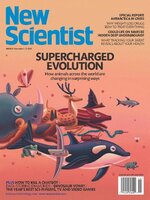 Dec 07 2024
Dec 07 2024
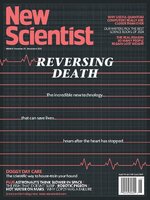 Nov 30 2024
Nov 30 2024
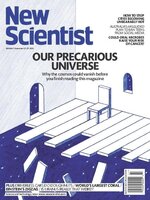 Nov 23 2024
Nov 23 2024
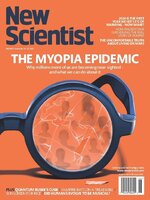 Nov 16 2024
Nov 16 2024
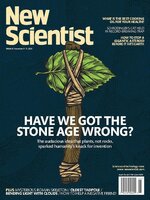 Nov 09 2024
Nov 09 2024
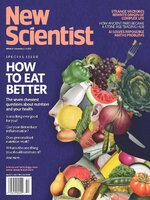 Nov 02 2024
Nov 02 2024
 Oct 26 2024
Oct 26 2024
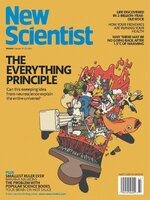 Oct 19 2024
Oct 19 2024
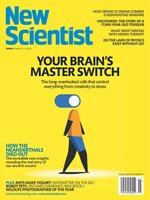 Oct 12 2024
Oct 12 2024
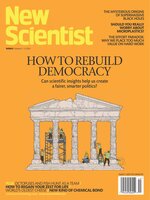 Oct 05 2024
Oct 05 2024
 Sep 28 2024
Sep 28 2024
 Sep 21 2024
Sep 21 2024